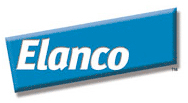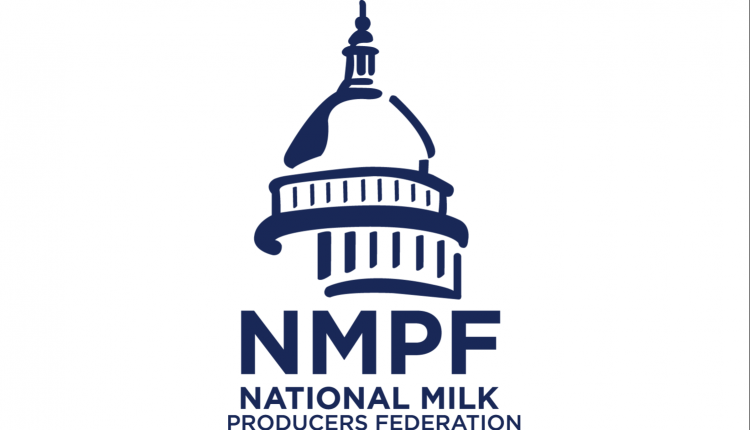
Last Friday, Eli Lilly Elanco US Inc. (Elanco) initiated a legal action in the U.S. District Court for the Eastern District of Wisconsin against international dairy conglomerate Arla Foods demanding that Arla immediately cease its false advertising campaign and unfair business practices against rbST, a proven and safe dairy technology approved by the FDA in 1993. Recombinant bovine somatotropin (rbST) is a supplement marketed and sold by Elanco under the brand name Posilac®.
The Arla “Live Unprocessed” campaign launched across the U.S. in late April. The campaign is built upon a child’s interpretation of what rbST is, and then brings that perception to life as an animated, six-eyed monster with “razor-sharp horns” and electrified fur.
Elanco’s complaint states that the company believes the campaign deceives consumers with false notions about the safety of rbST. For more than 20 years, rbST has been used to help cows increase milk production without changing the safety and quality of the dairy products we consume. As one of the most researched animal product ever to be approved by the FDA, rbST and dairy products made with milk from rbST-treated cows, have been deemed safe by scientific authorities and regulators in more than 50 countries across the globe, including the World Health Organization.1,2
“We believe these ads intentionally frighten and mislead consumers in an attempt to gain a competitive advantage,” said Eric Graves, President, Elanco North America. “In fact, the FDA has concluded rbST poses no human health risk and requires companies to disclose that there is no significant difference between milk produced from rbST-treated and non-rbST-treated cows if they include the ‘rbST-free’ claim on their packaging.3,4,5 This Arla campaign blatantly disregards the proven safety of rbST as well as the real consequences of removing this type of innovation from our US dairy industry.”
The consequences of removing rbST from the dairy include a direct impact on the sustainability and economic viability of dairy farms. Research shows that rbST helps cows produce more milk – about a gallon more per cow per day1 -- which means farmers can produce the same amount of milk with six cows instead of seven. The use of rbST also reduces the carbon footprint of a gallon of milk by nine percent. The collective impact of this increased productivity each year in the US alone saves 95.6 billion gallons of water, reduces land needed for dairy farms by 1,023 square miles, and eliminates 2.9 million metric tons of greenhouse gasses.6,7
“Products like rbST greatly improve farmers impact on the environment without changing the composition, quality or nutrition of the milk their cows produce,” said Mike Hutjens, Professor Emeritus, University of Illinois (Animal Science – Nutrition, Production and Environmental Management). “We should not ignore science and technology that have been proven safe and effective for the sake of marketing claims that confuse consumers.”
“This is a campaign against science and innovation,” Graves concluded. “We will fight to protect this important technology for future generations of dairy farmers.”
For more research and information about the health, safety and sustainability of rbST, please visit www.elanco.us/truth-about-dairy.
About Elanco
Elanco provides comprehensive products and knowledge services to improve animal health and food-animal production in more than 70 countries around the world. We value innovation, both in scientific research and daily operations, and strive to cultivate a collaborative work environment for more than 6,500 employees worldwide. We are committed to raising awareness about global food security, and celebrating the human-animal bond. Founded in 1954, Elanco is a division of Eli Lilly and Company. Visit us at Elanco.com.
1 Recombinant Bovine Somatotropin (rbST): A Safety Assessment. Joint Annual Meeting of the American Dairy Science Association, Canadian Society of Animal Science and American Society of Animal Science. Republished March 26, 2012.
2 Evaluation of certain veterinary drug residues in food. The seventy-eighth report of Joint FAO/WHO Expert Committee on Food Additives. World Health Organizations 2014.
3 Food and Drug Administration. FDA Talk Paper. Aug. 17, 1992.
4 NIH Technology Assessment Conference Statement on Bovine Somatotropin. JAMA. 1991: 265:1423-1425.
5 Juskevich et al. Bovine Growth Hormone: Human Food Safety Evaluation. Science. 1990:875-884.
6 Capper, J.L. et al. 2008. The environmental impact of recombinant bovine somatotropin (rbST) use in dairy production. PNAS. 105(28): 9668–9673
7 When calculating net carbon footprint, manufacturing processes and total environmental costs must be considered.





